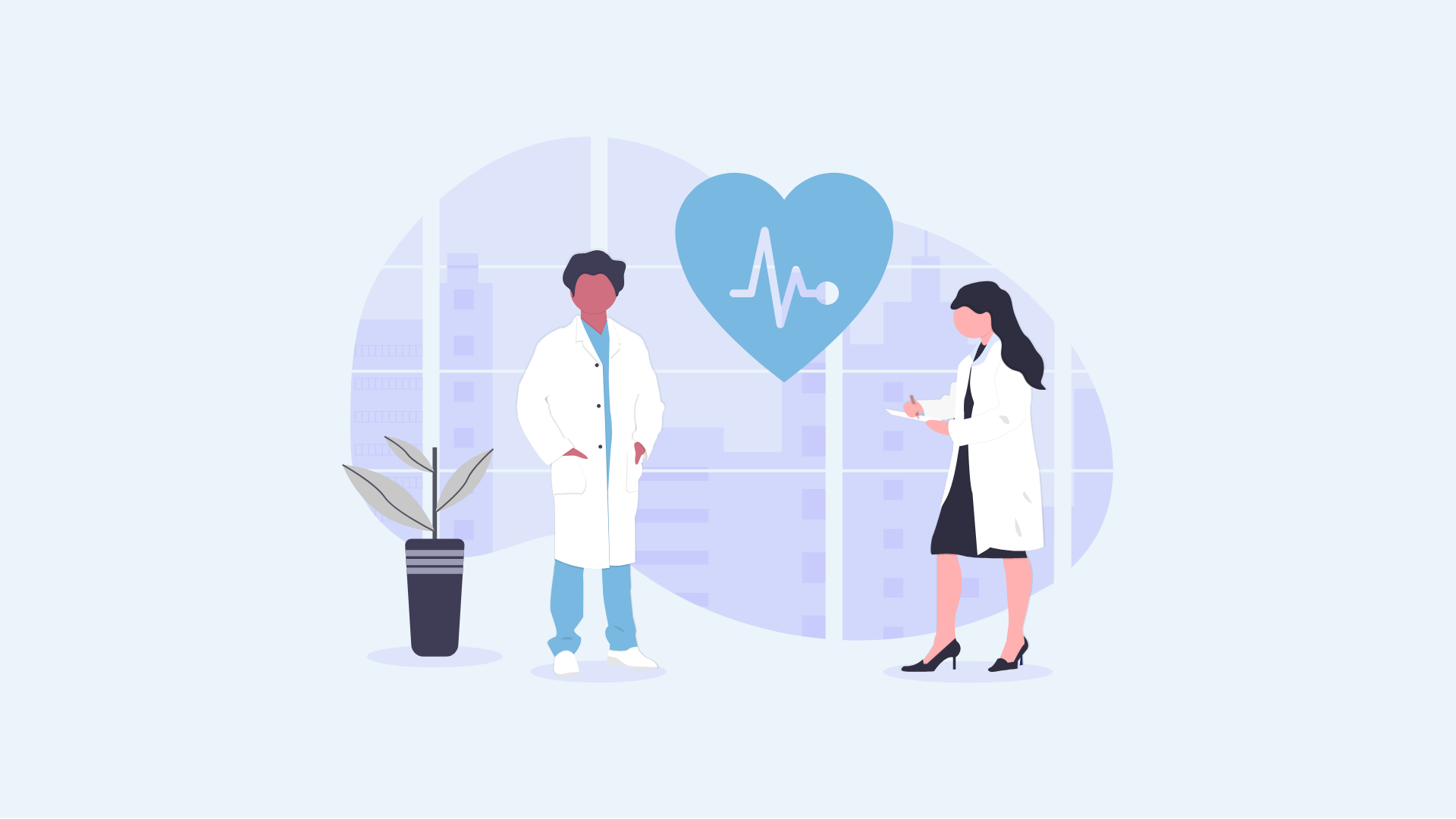
Complete Healthcare App Development Guide
3 min read
Healthcare apps are transforming the way patients and providers interact, offering enhanced convenience, efficiency, and accessibility. Developing a healthcare app requires careful planning, a clear understanding of the industry’s needs, and adherence to regulatory standards. In this comprehensive guide, we’ll walk you through the essential steps, key features, cost considerations, and best practices for successful healthcare app development in 2024.
- Understanding Healthcare App Types
Before starting the development process, it’s important to understand the various types of healthcare apps available:
- Patient-Centric Apps
Appointment scheduling
Medication reminders
Telehealth services
Fitness and wellness tracking
- Power-Centric Apps
Electronic Health Records (EHR) management
Clinical decision support
Remote patient monitoring
Medical reference and educational tools
- Health and Wellness Apps
Fitness trackers
Diet and nutrition apps
Mental health and mindfulness apps
Chronic disease management
- Patient-Centric Apps
- Key Features of a Healthcare App
- User Registration and Authentication
Secure user registration with authentication methods like OTP, biometrics, or social logins to ensure data security and privacy.
- Appointment Scheduling
Easy appointment booking, rescheduling, and cancellation with reminders for both patients and providers.
- Telemedicine
Video consultations, chat functionality, and secure file sharing for remote patient consultations.
- Electronic Health Records (EHR) Integration
Seamless integration with existing EHR systems to access and update patient records in real-time.
- Prescription Management
E-prescriptions and medication reminders to ensure patients adhere to their treatment plans.
- Health Monitoring and Analytics
Integration with wearable devices to monitor vital signs and health metrics, providing actionable insights and analytics.
- Payment Gateway Integration
Secure and easy payment processing for consultations, treatments, and other services.
- Notifications and Alerts
Push notifications for appointment reminders, medication alerts, and important updates.
- Data Privacy and Security
Compliance with HIPAA and GDPR regulations to ensure the security and privacy of patient data.
- User Registration and Authentication
- Steps to Develop a Healthcare App
- Market Research and Requirement Analysis
Conduct thorough market research to understand the needs and preferences of your target audience. Identify the problems your app will solve and define the core features and functionalities.
- Choosing the Right Development Team
Select a development team with experience in healthcare app development. Consider their expertise, portfolio, and client reviews.
- Design and Prototyping
Create wireframes and prototypes to visualize the app’s layout and user flow. Focus on an intuitive and user-friendly design that enhances the user experience.
- Development and Testing
Develop the app using agile methodologies to ensure iterative progress and timely updates. Conduct rigorous testing to identify and fix bugs, ensuring the app functions seamlessly.
- Compliance and Security
Ensure the app complies with healthcare regulations such as HIPAA, GDPR, and other relevant standards. Implement robust security measures to protect sensitive patient data.
- Deployment and Launch
Deploy the app on relevant app stores (Google Play, Apple App Store) and ensure it meets the platform’s guidelines. Plan a launch strategy to promote the app to your target audience.
- Maintenance and Updates
Continuously monitor the app’s performance and gather user feedback. Regularly update the app to fix bugs, improve features, and ensure compatibility with new operating system versions.
- Market Research and Requirement Analysis
- Cost of Developing a Healthcare App
The cost of developing a healthcare app depends on various factors, including app complexity, features, development team location, and technology stack. Here’s a rough estimate of development costs:
- Basic Healthcare App
Features: User registration, appointment scheduling, basic health tracking.
Estimated Cost: $20,000 - $40,000
- Medium Complexity Healthcare App
Features: Telemedicine, EHR integration, prescription management, notifications.
Estimated Cost: $40,000 - $80,000
- Advanced Healthcare App
Features: Comprehensive health monitoring, AI-driven analytics, advanced security features, multi-language support.
Estimated Cost: $80,000 - $150,000+
- Basic Healthcare App
- Best Practices for Healthcare App Development
- Focus on User Experience
Prioritize a user-friendly interface that is easy to navigate, ensuring a positive experience for both patients and providers.
- Ensure Data Security
Implement strong encryption, secure authentication methods, and comply with regulatory standards to protect patient data.
- Stay Updated with Industry Trends
Keep up with the latest trends in healthcare technology to incorporate innovative features and stay ahead of the competition.
- Regularly Gather User Feedback
Encourage users to provide feedback and use it to make informed improvements to the app.
- Plan for Scalability
Design the app architecture to handle growing user numbers and expanding features, ensuring long-term viability and performance.
- Focus on User Experience
Conclusion
Developing a healthcare app is a complex yet rewarding process that can significantly enhance healthcare delivery and patient engagement. By following this comprehensive guide, you can navigate the development journey with confidence, ensuring your app meets the highest standards of quality, security, and user satisfaction.
At our web and mobile app development services, we specialize in creating high-quality healthcare apps tailored to your specific needs. Contact us today to learn more about how we can help you bring your healthcare app vision to life in 2024.
Please feel free to reach out to us if you have any questions or require a customized business solution.
 Back
Back
